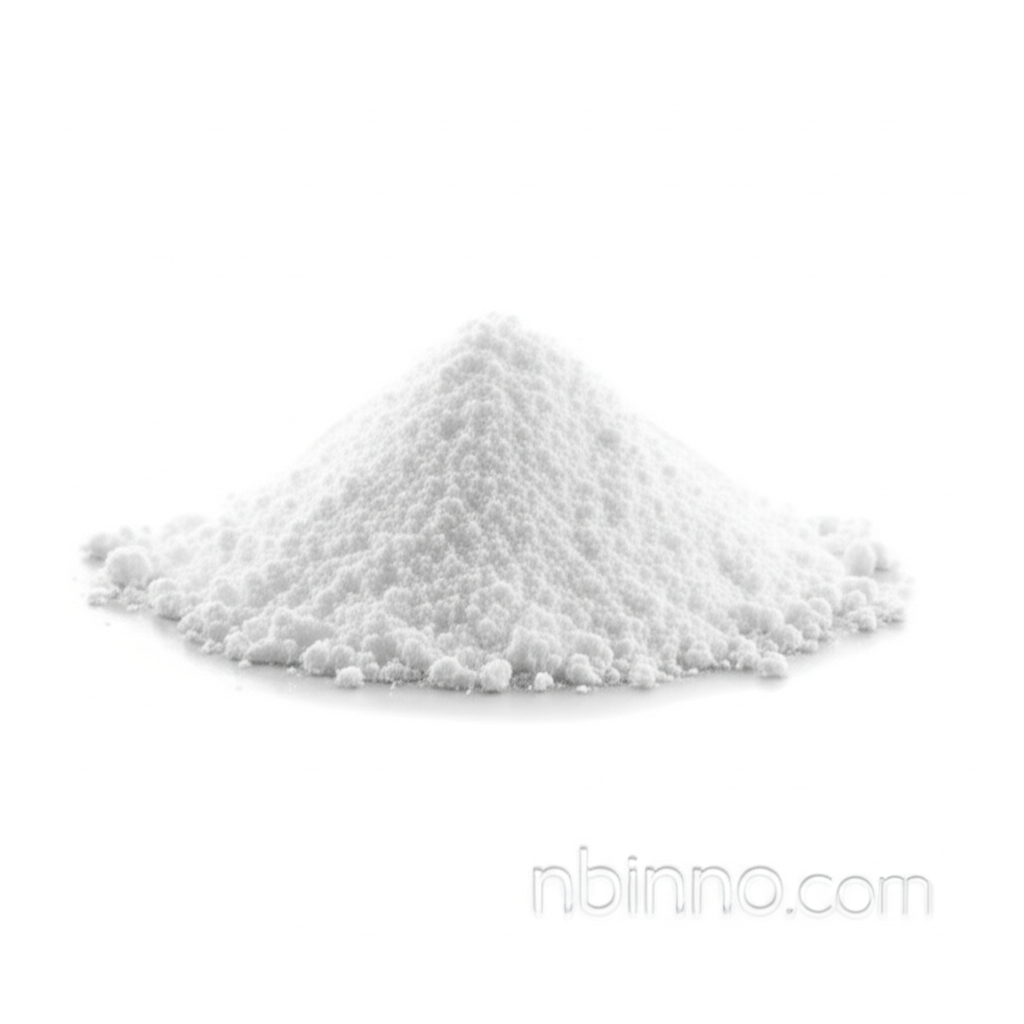Oteseconazole: A Novel Oral Antifungal for Recurrent Yeast Infections
Discover the breakthrough oral antifungal medication offering relief from chronic yeast infections.
Get a Quote & SampleProduct Core Value

Oteseconazole
Oteseconazole is a potent, orally bioavailable antifungal agent that selectively targets and inhibits the fungal enzyme lanosterol 14α-demethylase (CYP51). This targeted action disrupts the synthesis of ergosterol, a critical component of fungal cell membranes, leading to enhanced membrane permeability and ultimately fungal cell death. Its development represents a significant advancement in the treatment of recurrent vulvovaginal candidiasis (RVVC), offering an effective and well-tolerated option.
- Experience effective treatment for recurrent vulvovaginal candidiasis (RVVC) with oteseconazole's targeted mechanism.
- Benefit from oral antifungal for RVVC that offers convenience and improved patient compliance.
- Understand the oteseconazole mechanism of action, focusing on its potent CYP51 inhibition for fungal control.
- Choose a safe antifungal medication with a favorable tolerability profile and low incidence of side effects in clinical trials.
Key Advantages
Selective Fungal Inhibition
Oteseconazole's ability to selectively inhibit fungal CYP51, while largely sparing human enzymes, is crucial for its safety profile, making it a highly targeted antifungal agent.
Convenient Oral Administration
As an oral medication for RVVC, oteseconazole provides a user-friendly treatment option, improving adherence compared to topical or intravenous therapies.
Effective Against Resistant Strains
Studies indicate that oteseconazole may exhibit potent activity against certain fungal strains that have developed resistance to commonly used antifungals, offering a valuable alternative.
Key Applications
Recurrent Vulvovaginal Candidiasis (RVVC)
Oteseconazole is primarily indicated for the reduction of the frequency of RVVC in eligible patients, addressing a common and challenging gynecological condition.
Onychomycosis Treatment
Research suggests that oteseconazole has shown potent efficacy in treating dermatophytosis, a common fungal infection of the skin and nails, in preclinical models.
Investigational Antifungal Uses
Ongoing research explores the potential of oteseconazole for other fungal infections, leveraging its unique mechanism of action and selectivity.
Fungal Sterol Synthesis Disruption
Its role as a VT-1161 CYP51 inhibitor highlights its importance in disrupting essential fungal pathways, vital for developing new anti-fungal strategies.
